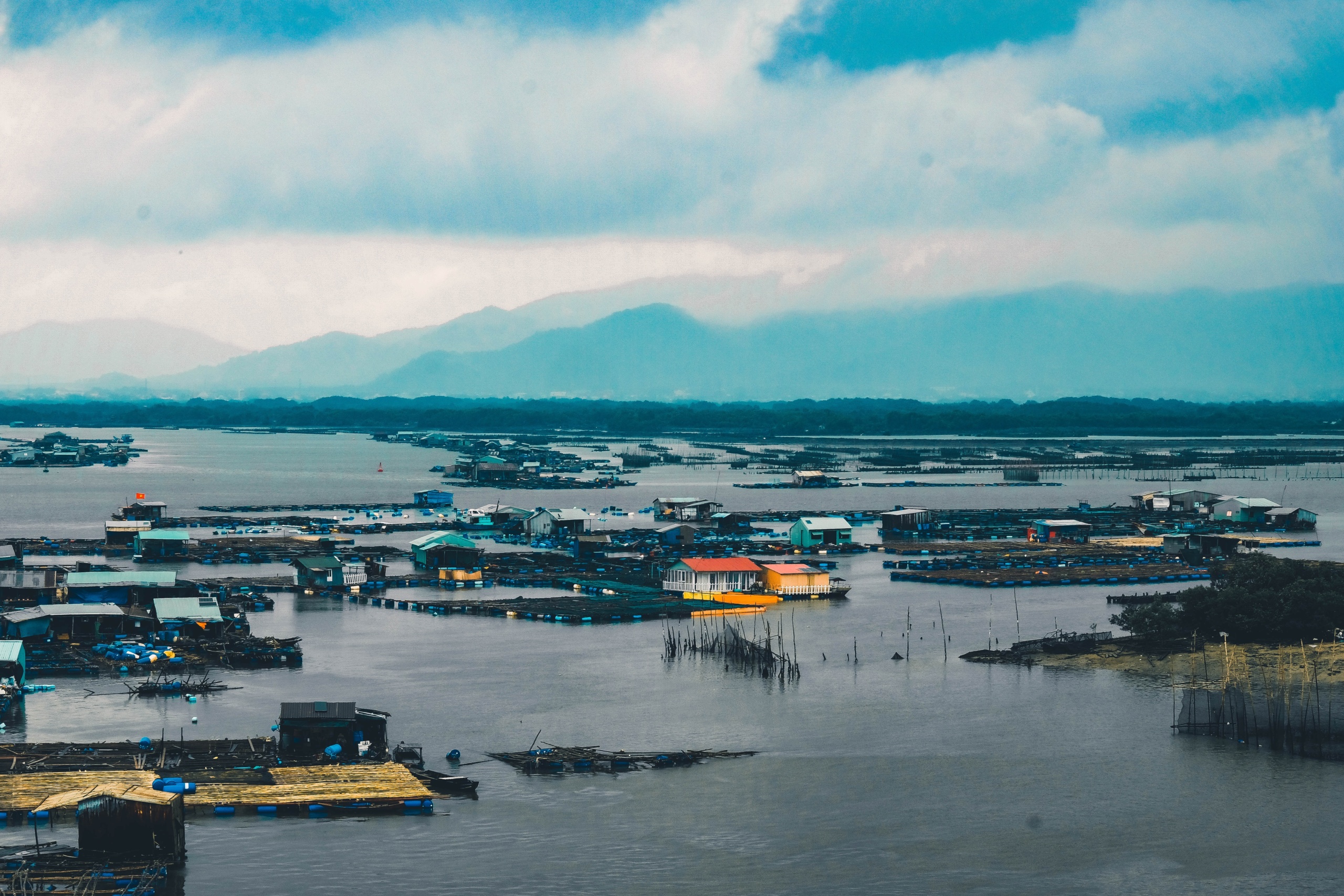The point at which climate change, poverty and housing insecurity intersect is only growing more and more prominent.
With increasingly unpredictable and extreme weather patterns, rising costs, limited access to sustainable resources and various other challenges, existing vulnerabilities are only exacerbated and those living in insecure situations are falling further and further behind.

Here are five key points to consider when discussing how climate change affects poverty and housing insecurity:
Increased Natural Disasters:
Climate change leads to more frequent and severe natural disasters, like hurricanes, floods, bushfires, and droughts. These events can destroy homes, infrastructure, and livelihoods, pushing people deeper into poverty and exacerbating housing insecurity. Vulnerable communities, often lacking resources and access to insurance and assistance, are disproportionately affected. They may lose their homes and possessions, making it difficult to recover, to rebuild or to find new stable housing.
Rising Costs of Energy and Utilities:
Climate change mitigation efforts frequently involve policies that reduce greenhouse gas emissions and use renewable energy sources. Whilst this is environmentally necessary and a positive step forward in the long run, it can often lead to increased energy costs short term. Low-income households already spend a larger proportion of their income on energy and utilities. In Australia, the average household may spend 2.5% – 3% of their income on energy whilst a low-income household will spend up to 10%. When energy costs rise due to measures like carbon taxes or transitioning to renewable sources, it can further strain finances, making it harder to afford adequate housing, forcing people to live in substandard or overcrowded conditions.
Changing Environmental Conditions:
Climate change can alter the physical environment, making certain areas less suitable for habitation. Rising sea levels and coastal erosion can force people to abandon their homes, especially in low-lying coastal regions. This is happening at an alarming rate in the Pacific Islands; where many have lost their homes and sacred sites due to rising sea levels. Additionally, extreme heat can make housing without proper ventilation or air conditioning unbearable, affecting the health and well-being of residents. Those who cannot afford to adapt or relocate may become trapped in housing that endangers their health and safety.
Climate-Induced Migration:
Climate change can cause forced migration as it disrupts ecosystems, exacerbates resource scarcity, and increases the frequency of extreme weather events. People in regions heavily affected by these climate-related challenges may be compelled to leave their homes in search of more stable living conditions. This form of displacement can contribute to poverty and housing insecurity, as migrants often face difficulties in finding affordable and safe housing in their destination areas. The influx of climate refugees can also strain resources and infrastructure in receiving communities, potentially leading to housing shortages and increased competition for affordable housing options.
Limited Access to Sustainable Resources:
Climate change also disrupts the availability of essential resources like clean water, useable land, and reliable food sources. Droughts, erratic rainfall, and changing weather patterns can lead to reduced agricultural productivity, making it difficult for communities reliant on agriculture for their livelihoods to escape poverty.
Limited access to clean water and sanitation facilities can result in health issues and the spread of diseases, further perpetuating poverty.
Inadequate access to these resources can also impact housing conditions, as people may struggle to build and maintain safe and healthy homes in areas with resource constraints. Dealing with these resource limitations is essential for building more resilient and sustainable communities.
Currently there are 1.6 Billion people living in insecure housing situations.
Our world’s most vulnerable populations, who already face greater challenges in maintaining stable housing and improving their socioeconomic conditions, are disproportionately affected. Addressing climate change and its impacts is crucial for reducing poverty and housing insecurity worldwide.


